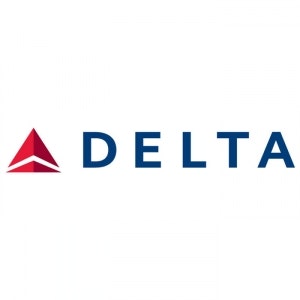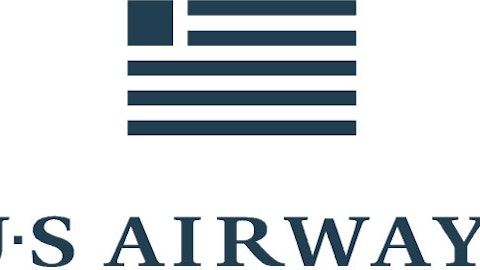The FIFA Confederations cup has ended in Brazil. However, the tournament was a preparation to make sure every detail is polished for the World Cup next year. I see the World Cup as an investing opportunity, and airlines that have exposure to the Brazilian market may be a good way to profit from the massive event.
Two airlines with increasing exposure to Brazil
Delta Air Lines, Inc. (NYSE:DAL) and US Airways Group, Inc. (NYSE:LCC) are inaugurating new routes to Brazil.
From the valuation point of view, Delta Air Lines, Inc. (NYSE:DAL) trades with a Price-to-Earnings ratio of 17.9, and US Airways Group, Inc. (NYSE:LCC) trades with a P/E of 5.3. Both airlines trade well below the industry’s average of 30.7.
Delta Air Lines, Inc. (NYSE:DAL) was tentatively awarded permission from the U.S. Department of Transportation to increase its service to Brazil with an additional daily nonstop flight between Atlanta and Sao Paulo.
Also, the company has formed a codeshare partnership with Gol Linhas Aereas Inteligentes SA (ADR) (NYSE:GOL). The implementation will begin with the Atlanta–Brasilia flight. Also, Gol Linhas Aereas Inteligentes SA (ADR) (NYSE:GOL) will sell international tickets through its sales website www.voegol.com. The company expects to meet 99% of Brazilian and United States demand between the countries.
Further, the company expects to phase in all Delta operated flights between Brazil and the United States, including Atlanta, New York John F. Kennedy International Airport, and Detroit.
The exposure of Delta Air Lines, Inc. (NYSE:DAL) to the Brazilian market may increase its revenue with the coming World Cup next year. We must take into account that the economic condition in the United States has been slowly but firmly improving, and the consumer confident index is at five-year high levels. Hence, investors may expect the passenger traffic between the United States and Brazil to rise significantly next year.
Lastly, the carrier has inaugurated a $1.4 billion terminal at the JFK International Airport. The strategy should help the carrier increase its international exposure.
From a performance point of view, the company posted increasing revenue passenger miles (RPM) in May on a year-over-year basis. RPM increased 1.4%, greatly helped by a 10.5% increase in RPM for its Latin America section. To meet increasing passenger traffic, the company added 0.7% more available seat miles (ASM). Its load factor increased by 0.7% to 84.8%.
Overall, Delta Air Lines, Inc. (NYSE:DAL) has increased its presence in the Brazilian market through a partnership with Gol Linhas Aereas Inteligentes SA (ADR) (NYSE:GOL). Also, the inauguration of the new terminal at the JFK International Airport should increase its presence worldwide.
US Airways Group, Inc. (NYSE:LCC) is not lagging in the race to grab Brazilian market share. The company applied to the U.S. DOT for rights to operate daily nonstop flights from Charlotte, NC, and Philadelphia, PA, to Sao Paulo. Flights from Charlotte, NC, have been tentatively approved, and they started on June 8 using temporary frequencies leased from another carrier.
With this move, the carrier now offers a one-stop flight from 38 cities in the United States to Sao Paulo. Once the route Philadelphia-Sao Paulo is approved, the carrier will offer a one-stop flight from 68 cities in the U.S. to Sao Paulo.
US Airways Group, Inc. (NYSE:LCC) is working towards international expansion. The merger with American Airlines will position the carrier as the largest international airline in the world. The carrier and AMR (American Airlines’ parent company) have elected the board of directors for the new American Airlines. The acquisition of American Airlines should give consolidation to US Airways Group, Inc. (NYSE:LCC) in international markets.
Apart from expansion in international markets, the company is reducing its costs of operation by replacing its The Boeing Company (NYSE:BA) fleet with the more fuel-efficient Airbus aircraft. The B737-400 will be replaced by A321s, and they are set to retire between 2012 and 2014. The B757-200 aircraft will be phased out between 2016 and 2020. Finally, the B767 will be retired in 2017 and will be replaced by A330-200.




